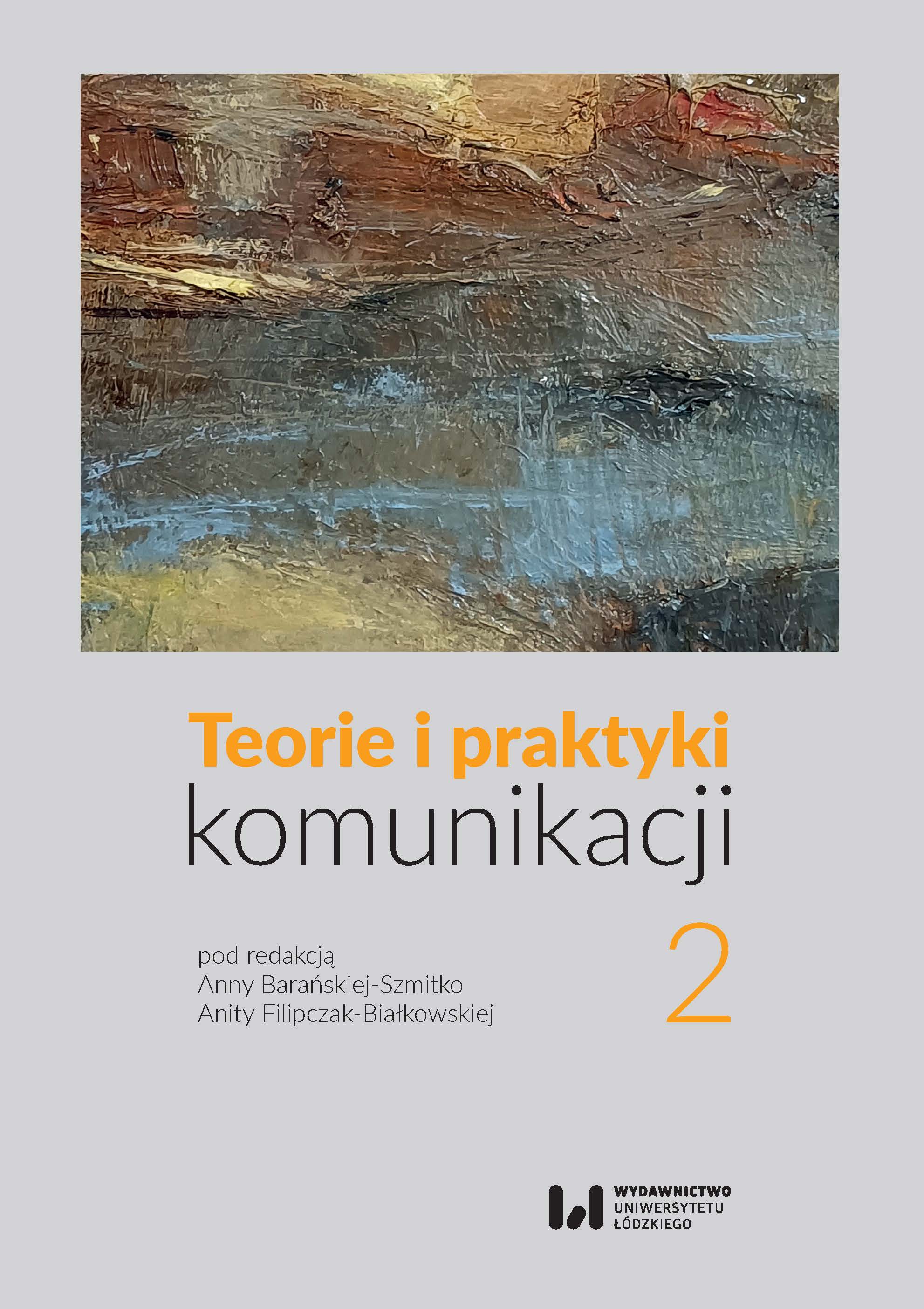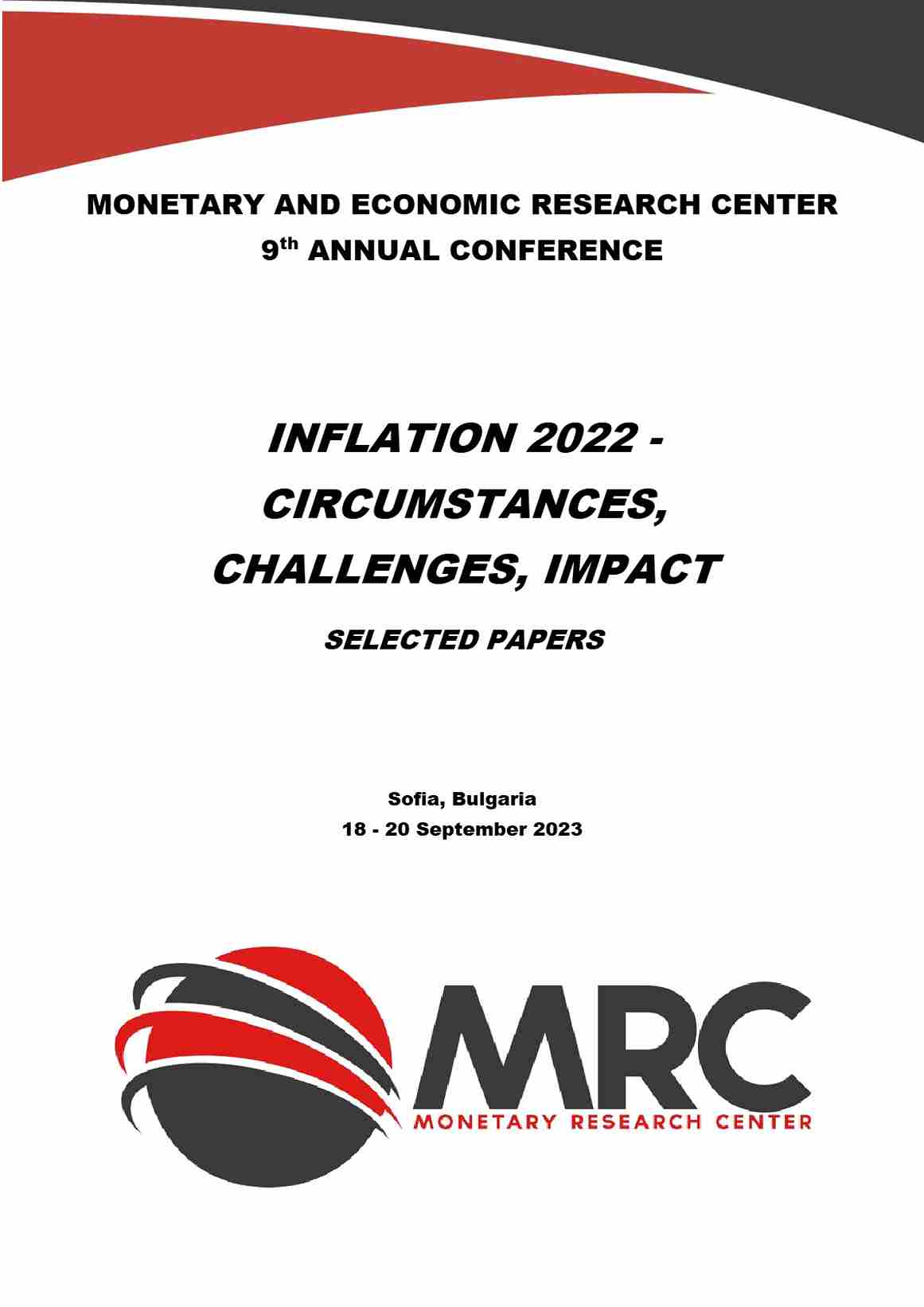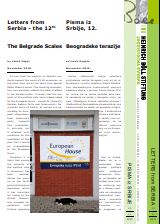
We kindly inform you that, as long as the subject affiliation of our 300.000+ articles is in progress, you might get unsufficient or no results on your third level or second level search. In this case, please broaden your search criteria.

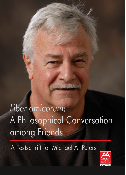

Jeff Stickney: Tell us when and how your productive collaboration began. Who else played a part in ushering in a new, post-foundational reading of Wittgenstein within philosophy of education? Michael Peters: First let me express my gratitude to you both but particularly Jeff for organizing this interview. As far as I remember our collaborations began with contributing to Jim Marshall and Paul Smeyers’ Wittgenstein’s Challenge published in 1995. We were contributors to the same collection.
More...
I have known Michael Peters for more than 30 years. My first encounter with him was in the 1970s at an Auckland secondary school where I was a student and Michael was a teacher. I was not in Michael’s classes but did see him in action once or twice when he appeared in a Social Studies course taught by someone else. Those memories are hazy now but I have a clear recollection of our subsequent crossing of paths at the University of Auckland in the early 1980s. In my second year at university I enrolled in two Stage One Education courses, one of which was titled ‘An Introduction to Western Educational Thought’. Colin Lankshear and Jim Marshall were the course lecturers and Michael was my tutor. Michael was completing his PhD at the time (with Jim as his senior supervisor), and he was an enthusiastic, thought provoking tutor. He probed us to think more carefully and deeply in responding to educational questions and he played an important role, with Colin and Jim, in fostering my interest in philosophy of education. He was also willing to meet outside class times to discuss essays and other aspects of the course, for which I was most grateful. I went on to major in Education for my BA degree and Michael was involved in a number of the other courses I completed. A Masters degree in Education followed, and in 1987 I was interviewed for a Junior Lectureship at the University of Waikato, an institution located about two hours south of Auckland. I was offered the job and thereafter my contact with Michael lessened for a number of years, though we did see each other at conferences and other events from time to time.
More...
In his indefatigable endeavours, Michael Peters has opened a large and complex terrain. Conceptually, it offers an horizon against which large ideas have been explored, including those of globalization, postmodernism, postpostmodernism, governmentality, ‘knowledge capitalism’ (Peters’ own term), neoliberalism, education, pedagogy, social policy, economic policy, knowledge, culture and openness. Key theorists and thinkers on whom Peters has drawn have included Nietzsche, Heidegger, Foucault, Lyotard, Readings, Derrida, Rorty, and Deleuze. An oeuvre with such scope lends itself to an almost infinite interrogations, and interpretations, even when placed in the themes of this volume – those of education, politics and the cosmopolitan. In this chapter, I shall home in on just one matter, that of understanding the university: just what is it to understand the university? And I shall try to address this question in the spirit – as I glean it – of the breadth of perspectives bequeathed to us by Michael Peters.
More...
Professor Michael A. Peters’ impressive list of publications includes numerous books and papers. He also edits international book series such as the Educational Philosophy and Theory Special Issues Monograph Series, and Interventions: Education, Philosophy and Culture as well as international journals, including Educational Philosophy and Theory and Policy Futures in Education; and the Studies in Education, Philosophy and Culture Series. The latter is a journal in China, which I think illustrates Professor Peters’ ambition to make it possible for people throughout the world to contribute to on-going discussions on issues that concern, inter alia, education in different ways.
More...
It may strike the genteel reader as odd that a revolutionary Marxist humanist educator is penning the endword to a volume dedicated to the storied postmodernist/poststructuralist philosopher from Aotearoa, the land of the long white cloud. And whilst some might view ending a book about the person and work of Mike Peters with a Postface by an author whose own work has been largely and on occasion virulently inhospitable to post-structuralism over the past several decades as a risky preemptory wager, it wouldn’t seem odd to Mike Peters. He would no doubt be pleased if I were to instantiate an ambiguous Marxist co-presence into a volume celebrating his work, not because he has any particular affinity with the well-trodden path and contradictory history of Marxism, but because of his indefatigable commitment to including diverse systems of intelligibility in examining the nature of our contentious present with its seemingly intractable social and political disjunctions. Mike is a warrior for diversity, it’s part of his ontological clarity and is what makes him such a commanding intellectual and a man of both the future and present. Mike writes in a white heat, spinning his ideas into the eschatological future where is he able to announce a state of affairs that both is and is to come.
More...
Peter McLaren wrote this piece last and so I come to it last and have recast it as an endword rather than a foreword because I think this will become the basis for an ongoing dialogue of which this exchange is only the first stage. It is so different from the other articles that I decided to engage with it as a postscript or endnote. Peter is a great friend. He is a “mate” as we say in New Zealand and I regard him as a brother and it is with affection that I engage with his ideas here. Where a number of the other contributors attempted to define me in their terms—I am a secret Kantian, universalist or cosmopolitan even if I don’t already know it—Peter seeks to define me by what I’m not and especially by contrast to what he is—a revolutionary Marxist. And he takes up the cudgels on behalf of revolutionary Marxism against postmodernism and poststructuralism which are movements that allegedly define me. This is a tricky assignment for Peter as a revolutionary Marxist because he is on record as being against both postmodernism and poststructuralism and yet at the same time he is my friend and wants to be able to be respectful and to say some nice things. He manages to achieve this very well and with eloquence. I am both flattered and relieved frankly— that we can remain good friends. But I like him and treat him as a brother (even though I have qualms about “brotherhoods”) not because he is a revolutionary Marxist but despite it. He could have been a Mormon.
More...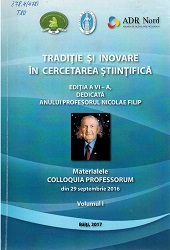
Volumul "Tradiţie şi inovare în cercetarea ştiinţifică" cuprinde materialele de la ediţia a 6-a a conferinţei ştiinţifice Colloquia Professorum „Tradiţie şi inovare în cercetarea ştiinţifică”, desfăşurată la 29 septembrie 2016, ediţie dedicată Anului Profesorului Nicolae Filip, care în acest an ar fi împlinit vârsta de 90 de ani.
More...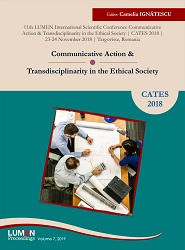
Proceedings Volume: 11th LUMEN International Scientific Conference Communicative Action & Transdisciplinarity in the Ethical Society | CATES 2018 | 23-24 November 2018 | Targoviste, Romania
More...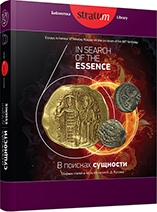
Elsewhere, not in Moldova, Nikolai D. Russev would have been long ago recognized an outstanding contemporary, a kind of Jacques Le Goff from the Balkans, a kind of Nicolae Iorga from the Danube and Dniester, an active and cheerful chronicler, keeper and — in a certain sense — an eyewitness of the region’s five hundred years of history. The kind of history nobody else can tell here, unfortunately. The kind of history he is writing every day, having hardly anyone to tell it to. The historical activity is disappearing here. Storytellers are not wanted. No one is tempted by the lessons of the past. Mistakes are not learnt from, personalities are not respected. Moldova, this “borderland between worlds and times”, turns into an intellectual and human desert.
More...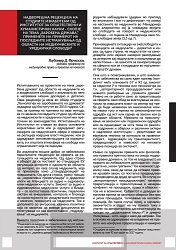
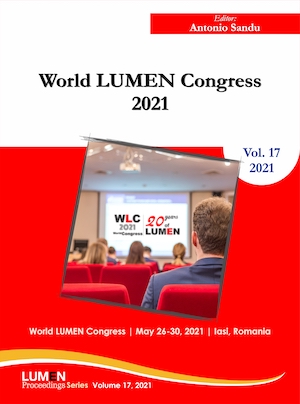
The virtual environment is a phenomenon that has grown exponentially in recent years, changing the way the economy evolves. Through e-commerce, social media platforms, online stores, or websites, financial resources are rolled both legally and illegally. Thus, some transactions are not accounted for or taxed, and also the concept of the digital shadow economy, defined as economic shadow activities conducted in electronic space, with no physical contact is increasingly present today. This paper aims to review and systematically analyze, through bibliometric analysis, using the Web of Science scientific platform and the VOSviewer software, the notion of digital shadow economy, determining the current state of knowledge in the field. Also, a comparative research was performed between digital shadow economy and the traditional shadow economy. The main findings reveal that digital shadow economy has a novelty character that refers to an economy based on digitized services and products, which escapes the official estimates of the GDP and the main research tendencies concern the conceptualization of the term and its main activity channels, aspects that distinguish it from traditional shadow economy. Furthermore, a thematic cluster, containing links to the digital shadow economy term can be noticed to be around cybercrimes.
More...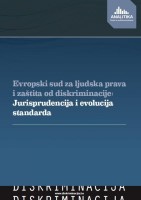
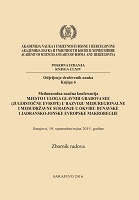
Akademija nauka i umjetnosti Bosne i Hercegovine nastala je iz Naučnog društva koje je utemeljeno 1951. godine, odlukom Skupštine Republike Bosne i Hercegovine, najvišeg organa državne vlasti u zemlji u periodu osnivanja Naučnog društva Bosne i Hercegovine.
More...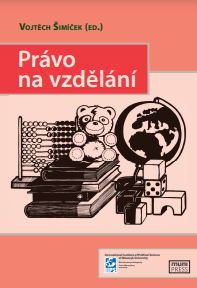
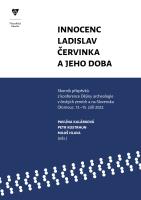
The year 2022 marks the centenary of the death of Jaroslav Palliardi, a notary from Moravian-Budějovice, a prominent archaeologist and a leading figure in the political and cultural life of southwestern Moravia. The article focuses on his study Die neolithischen Ansiedelungen mit bemalter Keramik in Mähren und Niederösterreich (Palliardi 1897). He scientifically objectively named the Mährisch-niederösterreichisch-ungarische Gruppe as the Mährisch-niederösterreichisch-ungarische Gruppe of the Early Neolithic and Early Eneolithic pottery with painted decoration. A substantial part, however, is devoted to an analysis of Palliardi's seminal work Die relative Chronologie der jüngeren Steinzeit in Mähren (Palliardi 1914). The contribution in developing a relative chronology of the Neolithic and Eneolithic that is still basically valid in Central Europe today is emphasized. The periodization of painted pottery and the determination of the sequence of Early to Early Eneolithic cultures are significant.
More...